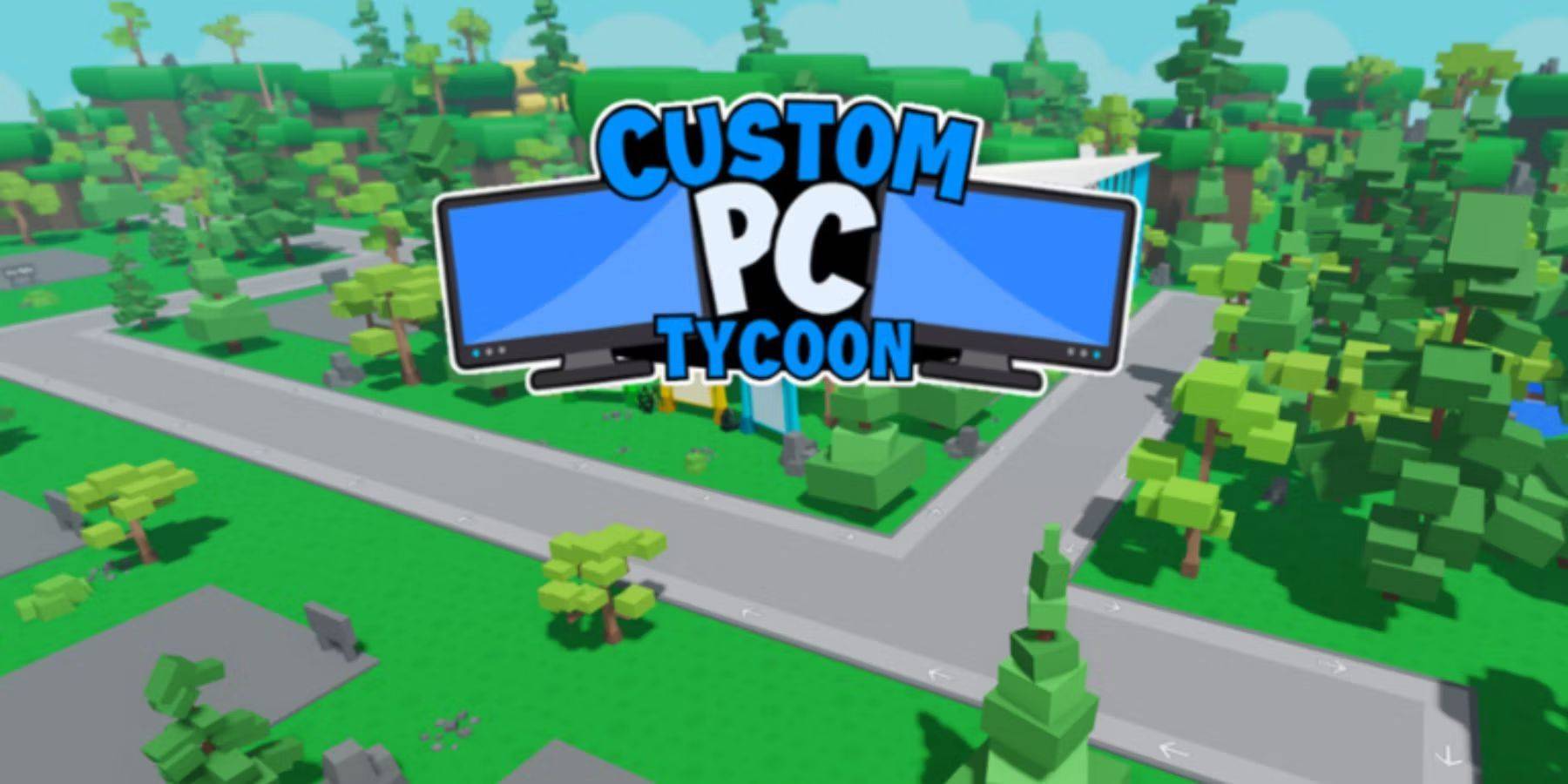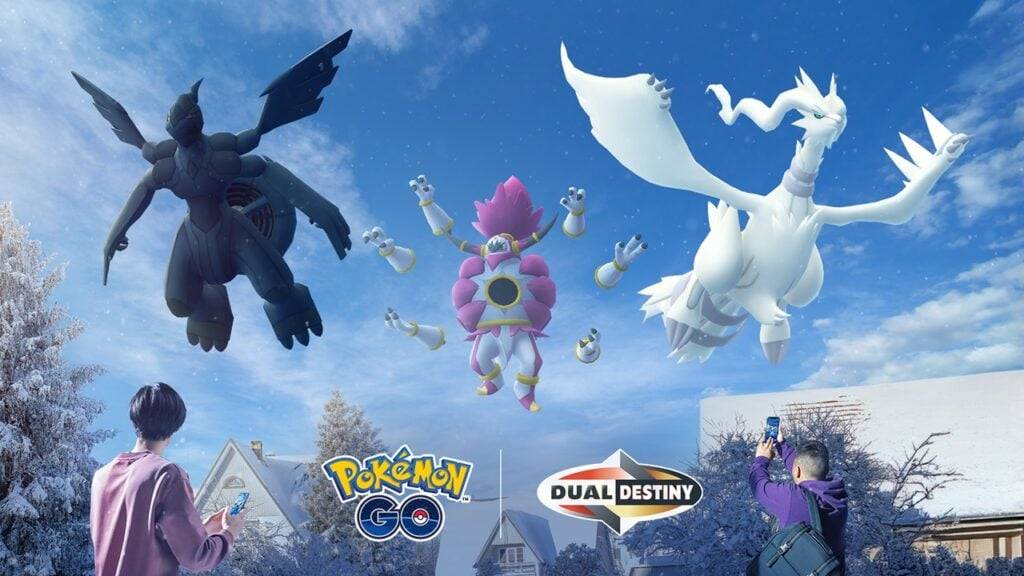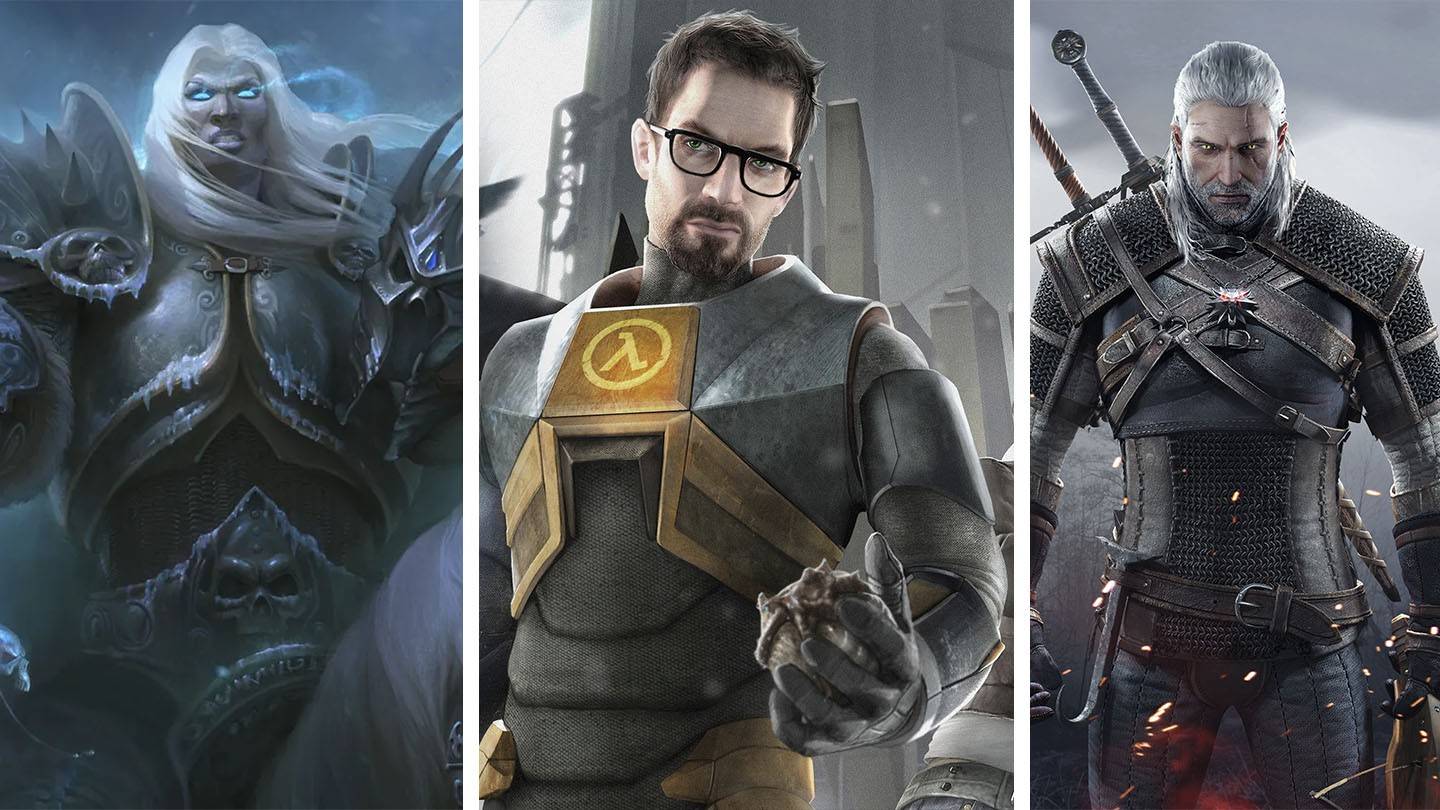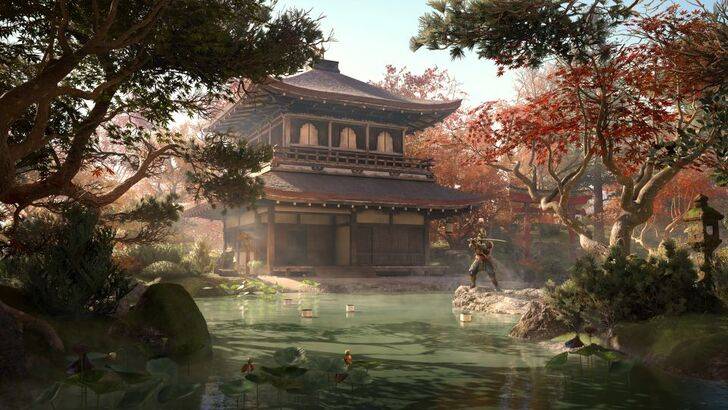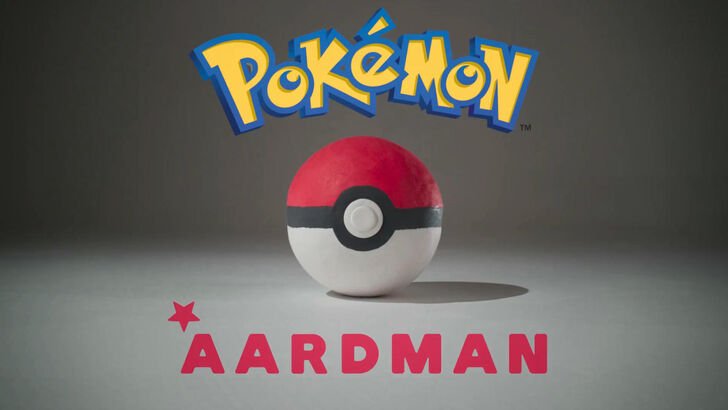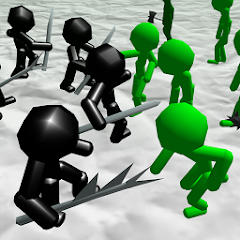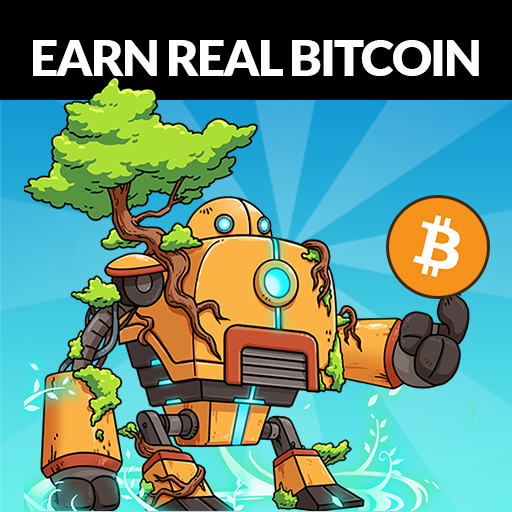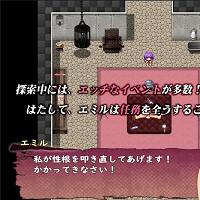The recent announcement of a video game based on Robert Jordan's epic 14-book series, The Wheel of Time, has taken fans by surprise and ignited a wave of skepticism across the internet. According to a report by Variety, a Hollywood trade publication, the game is described as a "AAA open-world role-playing game" destined for PC and console platforms, with a projected three-year development timeline.
The project is being spearheaded by iwot Studios' newly established game development branch in Montreal, under the leadership of Craig Alexander, a former executive from Warner Bros. Games. Alexander brings a wealth of experience, having previously overseen the development of acclaimed titles like The Lord of the Rings Online, Dungeons & Dragons Online, and Asheron's Call. Typically, this level of expertise would generate excitement among fans. However, the involvement of iwot Studios—formerly known as Red Eagle Entertainment, which acquired the rights to The Wheel of Time back in 2004—and the ambitious three-year development timeline have raised eyebrows.
A brief online investigation into iwot Studios reveals a strained relationship with the core The Wheel of Time fanbase. Numerous online posts express skepticism about the company, with some fans labeling iwot as an "IP camper" and others accusing it of "squandering" the The Wheel of Time intellectual property over the years. This sentiment is compounded by references to a decade-old Reddit post that voices strong criticisms of the company.
The skepticism is further fueled by doubts about whether a newly formed studio can realistically deliver a high-quality, triple-A RPG that meets the lofty expectations of The Wheel of Time enthusiasts. This has led to a prevalent "we'll believe it when we see it" attitude among the online community.
Despite these concerns, The Wheel of Time has recently enjoyed a surge in popularity thanks to its successful Amazon Prime Video series, which just concluded its third season. After facing criticism for deviating from the source material in its first two seasons, the show managed to win back fans with a well-received Season 3. The series has successfully introduced the franchise to a new audience, setting the stage for potential interest in a video game adaptation.
In an effort to address the skepticism and provide clarity about the project, I conducted a video call with Rick Selvage, the head of iwot Studios, and Craig Alexander, who leads the studio's video game division. The aim was to gain a deeper understanding of the project's current status, its scope, what fans can expect, and to give them an opportunity to respond to the online criticism.

 Latest Downloads
Latest Downloads
 Downlaod
Downlaod




 Top News
Top News